Recently, I’ve been looking into stagecoach travel in the early 1800s. I already knew basic facts, but in order to get what may turn out to be a very small part of my next book absolutely correct, more research was required.
The problem was that I have to get one of my characters from London to Oxford… or better still, Witney, a small market town some fourteen miles west of Oxford. So what did I do?
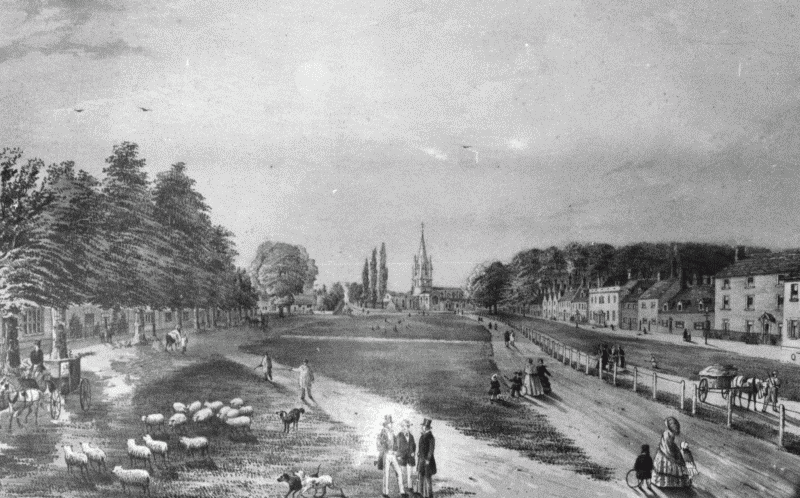
My first step was to go online. Yes, Google can help in lots of ways, but sometimes specifics can be quite tricky to track down. I did discover some excellent information on the principal London coaching inns on Greg Roberts’ wonderful site. Greg has also helpfully included an image of each inn, which helped enormously when I was writing the scene where my character arrives to catch the stage.
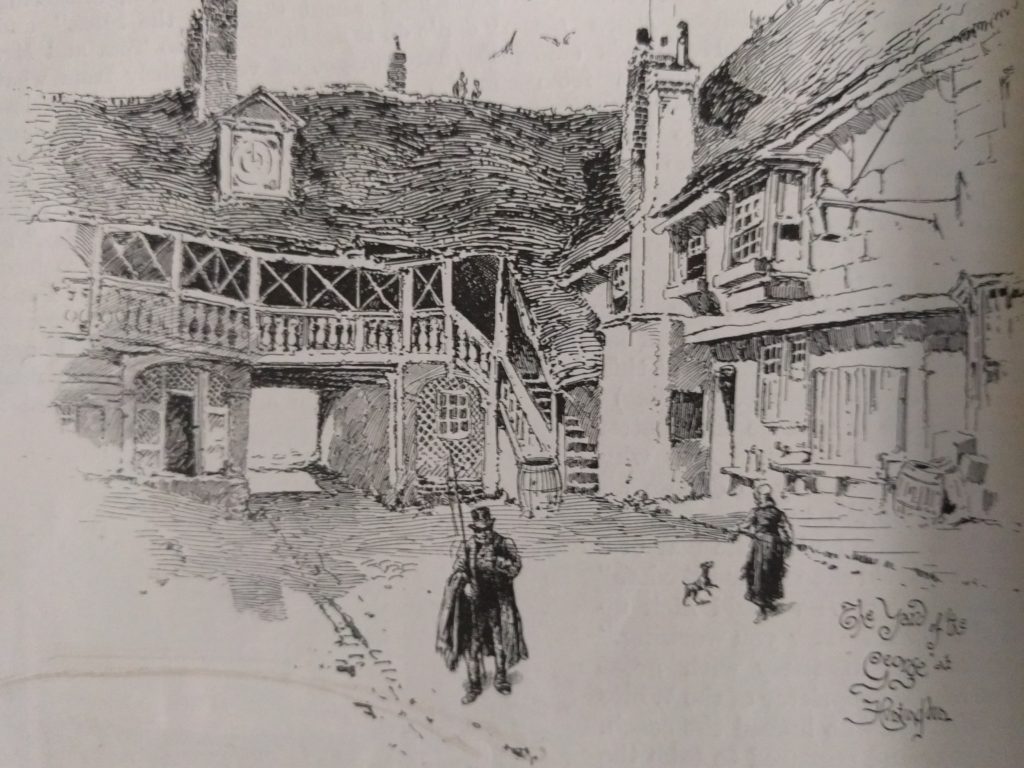
But I had another problem… I needed to know the times of the stagecoach departures.
Well, I could have invented a fictional stagecoach run, but I really wanted to see if I could place my character on an actual stagecoach at a specific time. More searching on the internet didn’t turn anything up. Then I remembered…
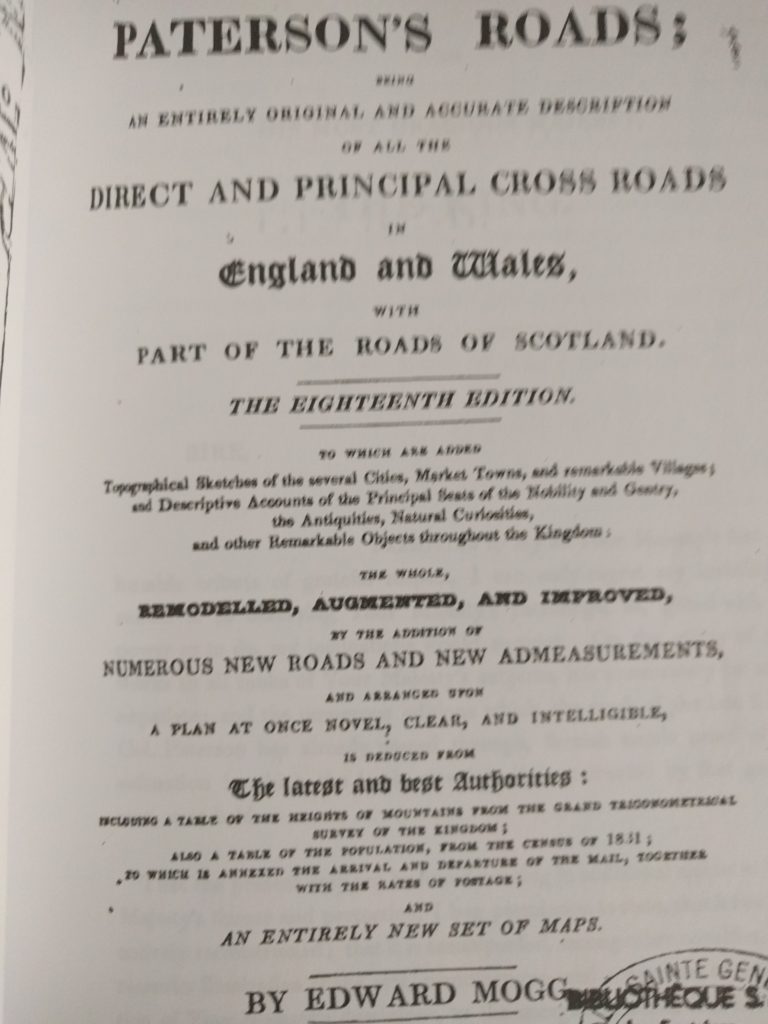
Over the years I have amassed a wealth of reference books relating to lots of different topics such as food, travel, clothes, not to mention books on historical figures, battles, memoirs, diaries. If it was written in or about the early 1800s I’ve probably got it, or read it, and made notes from it.
Luckily, on my bookshelf is a modern facsimile of the 18th edition of Paterson’s Roads, Being an… Accurate Description of all the… Cross Roads in England and Wales…’ This wonderful publication contains details of all the routes a stagecoach could take from London to virtually every city and town in Great Britain. It gives the mileage from place to place, and useful descriptions of each town, which sometimes includes the names of notable residents.
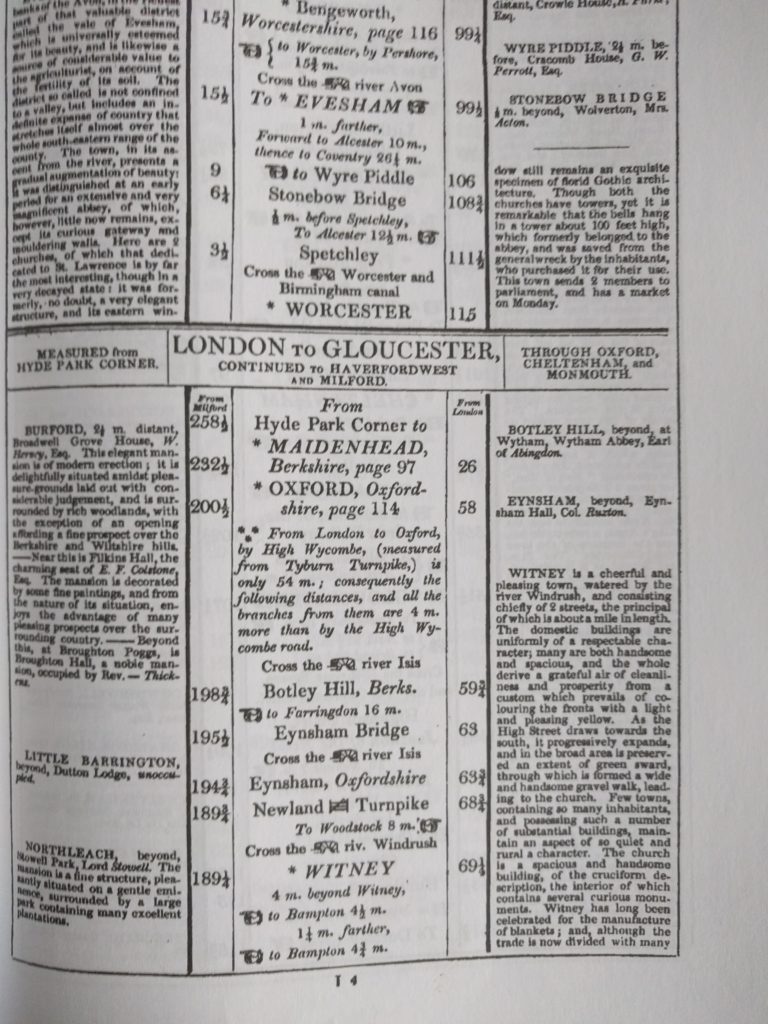
Here is part of the description for Witney: ‘Witney is a cheerful and pleasing town, watered by the river Windrush, and consisting of chiefly 2 streets, the principal of which is about a mile in length… Few towns, containing so many inhabitants, and possessing such a number of substantial buildings, maintain an aspect of so quiet and rural a character… Witney has long been celebrated for the manufacture of blankets… the manufactories of this town are computed to employ not less than 1000 persons.
So far, so good, I knew there was a stagecoach from London passing through Witney, the distance was sixty-nine and a quarter miles (I love the way the distances are given to the quarter mile). I even knew the route — from Hyde Park Corner (where the distances are measured from), via Knightsbridge, Kensington, Hammersmith, Turnham Green, Brentford, crossing the Grand Junction Canal, Hounslow, etc onto to Maidenhead, Henley On Thames, and places in between to Oxford, then Botley Hill, Eynsham Bridge (over the river Isis), through the Newland Turnpike, crossing the river Windrush, then into Witney itself.
Quite some journey, wouldn’t you agree? A bit different from today’s relatively quick sprint up the M40 to Oxford, then turn left onto the A40!
Now, I had most of the information I needed… apart from the time of the stagecoach departure from London. But help was at hand.
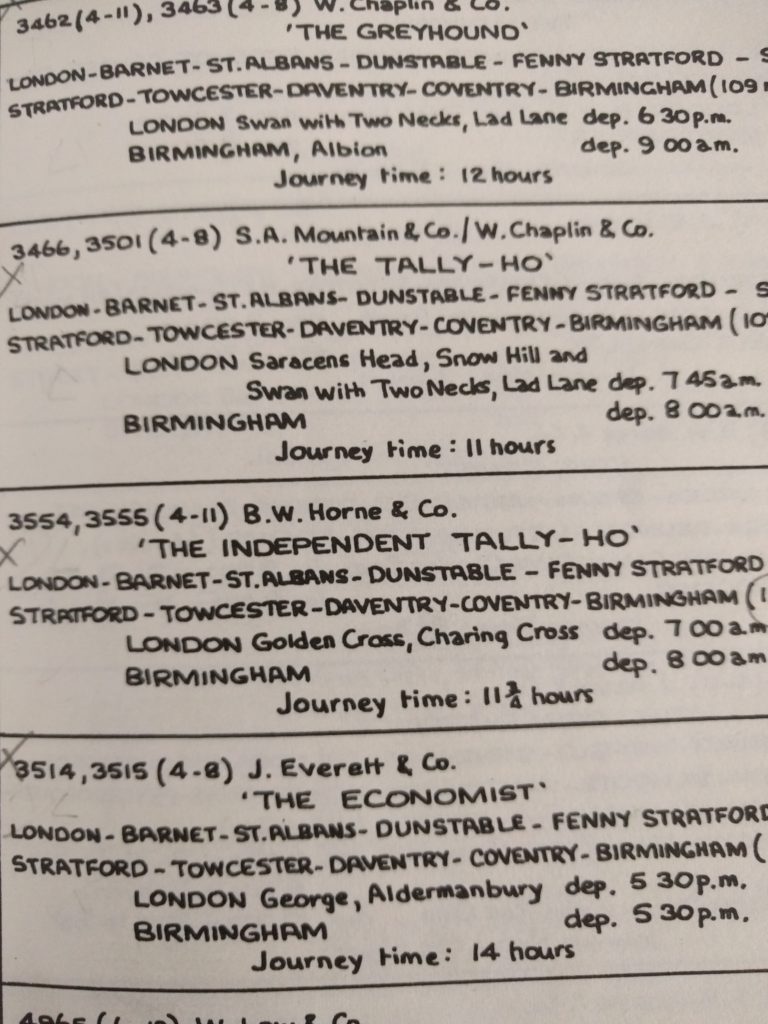
Hiding at the back of one of my book shelves was… big drum roll… Directory of Stage Coach Services 1836, compiled by Alan Bates. This amazing publication, a veritable labour of love by the author, lists the stage coach services throughout the country for the year 1836, gleaned from trade directories, coaching bills, and newspaper advertisements. The author himself admits that he cannot guarantee that the information is completely accurate, as competition between carriers was so fierce that services could be revised almost daily, to stop a rival coach getting ahead!
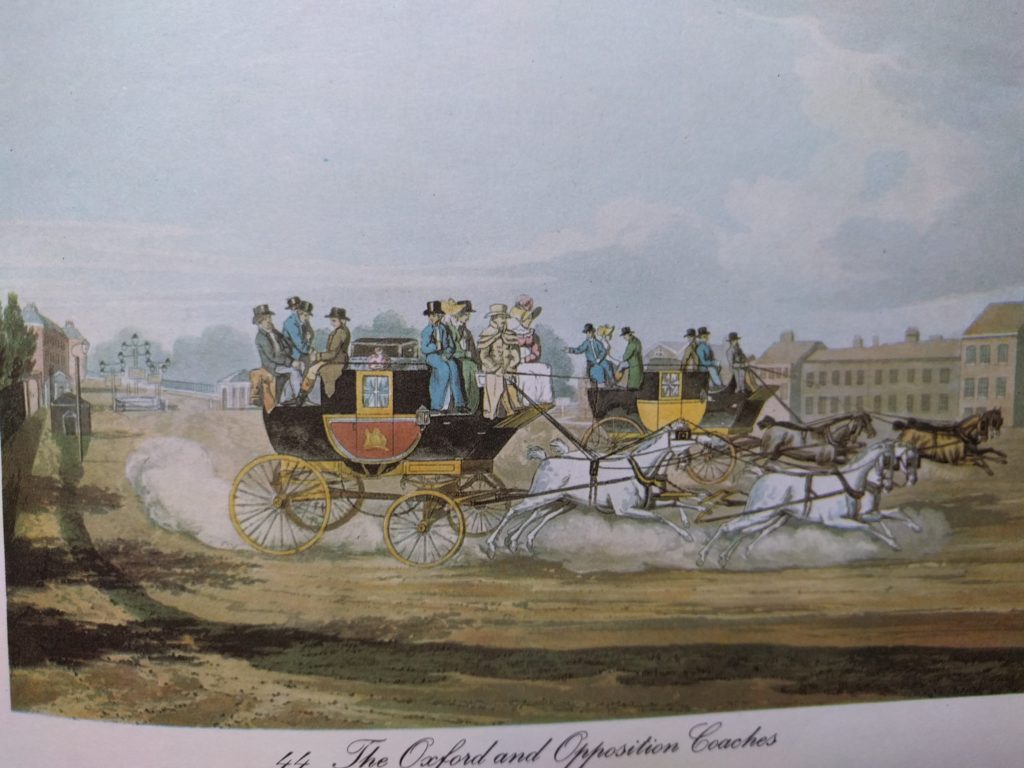
Not only did this book have the information I was looking for, with the name of each inn from which a coach departed, but also the name of the company running the coach, and crucially, the departure times and journey time.
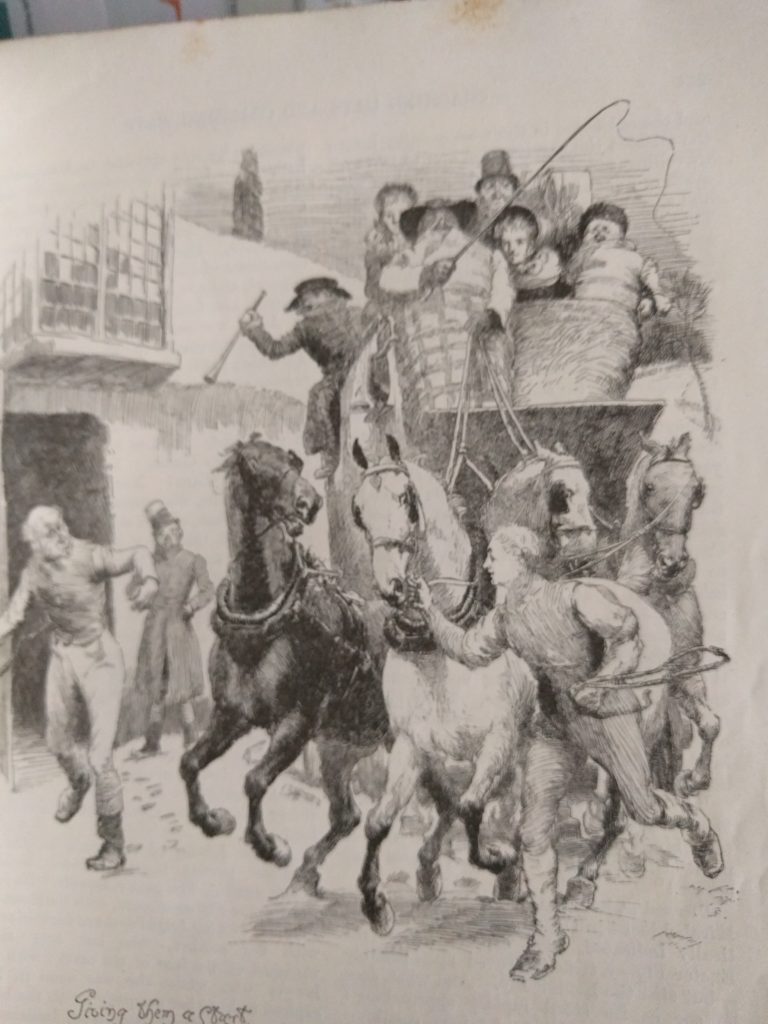
Another important piece of information given was the number of passengers each coach was licensed to carry. In most cases, I was surprised to discover that many could only carry four passengers inside and eleven or twelve outside (on top).
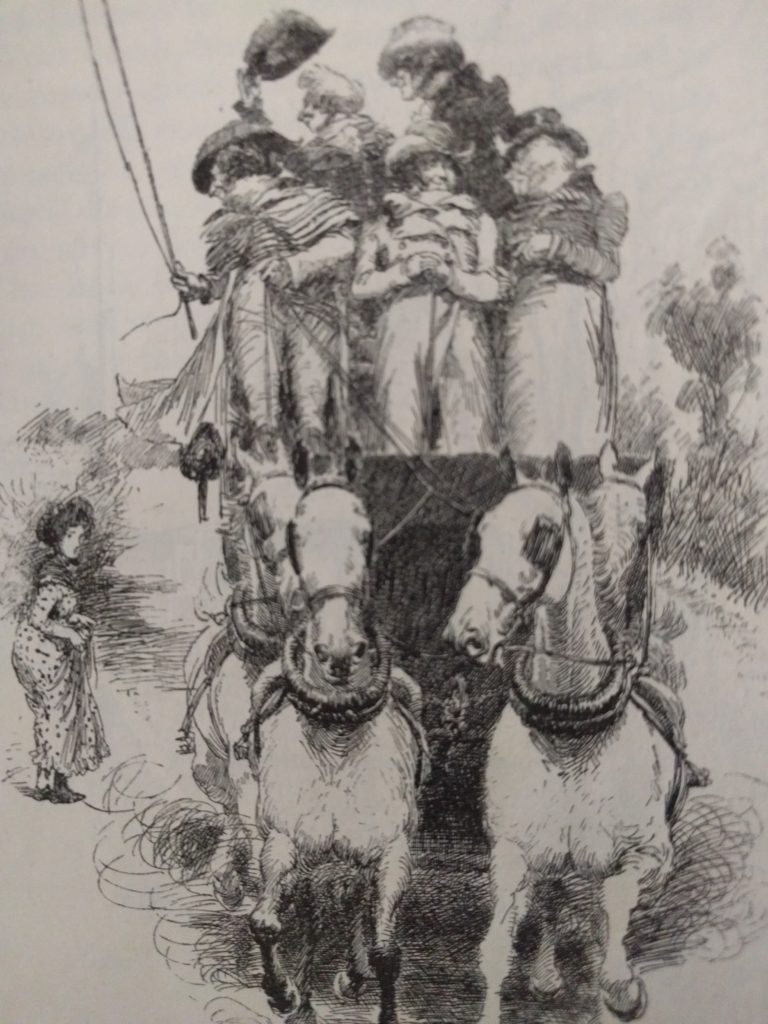
The name of each stagecoach is listed — yes, most coaches were given a name. There was ‘The Courier’, The Comet’, The Champion, ‘The Express’ and ‘The Rocket’; not sure I’d want to ride on something called ‘The Rocket’, especially as accidents were frequent, and could be fatal.
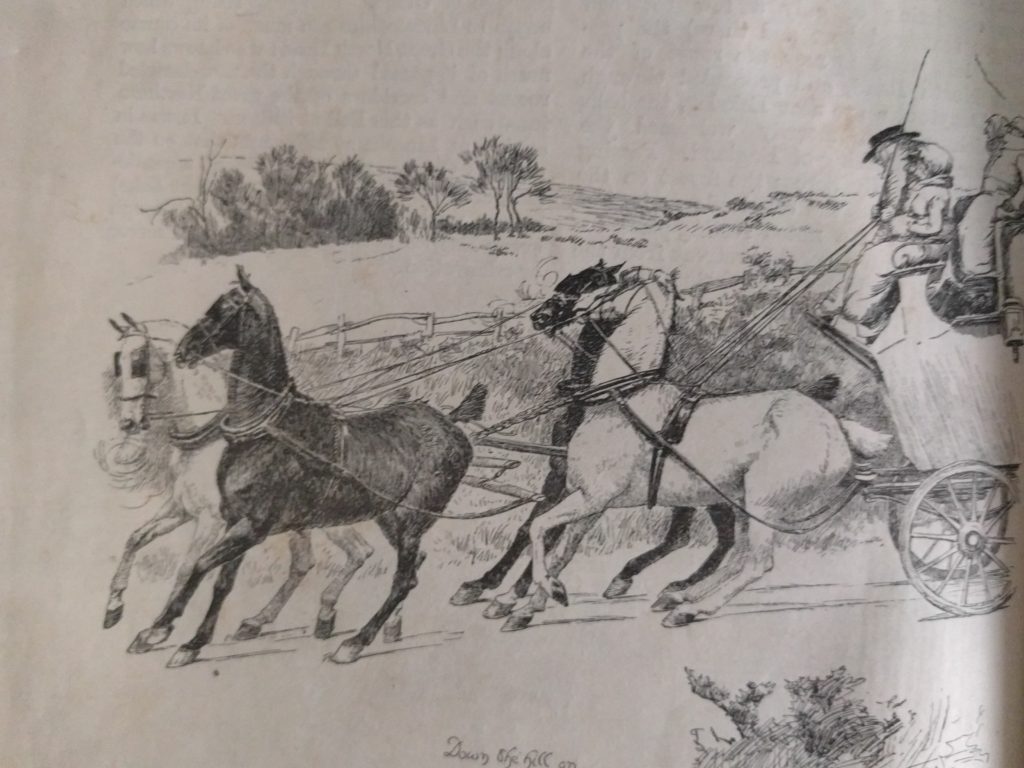
Aahh, I hear you say, that book was about coach travel in 1836, while my story is set in 1810.
Good point. That is where artistic licence comes in.
Having spent a great deal of time trying to winkle out all the details of where a stagecoach would leave and whether a particular journey was possible, I’ve made the decision to place my character on a coach that definitely did run at the time stated in 1836. It’s not as if I can go back in time to check whether it was running in my earlier period, and to spend more time searching for a specific month in 1810 would simply leave less time to actually write my book. There does come a point when a writer has to say ‘enough’.
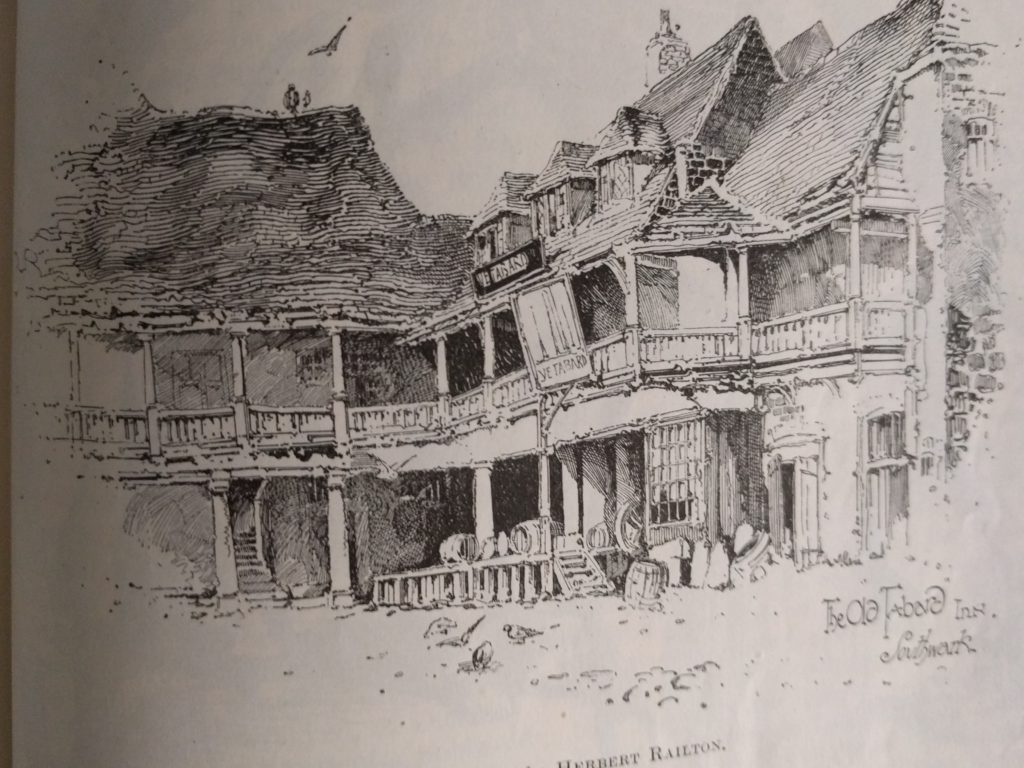
However, should I manage to get my hands on a source (and I’m still trying), that gives times for coaches in 1810, it will not be a big deal to correct that part of my story.
Anyway, that’s a brief insight into the amount of research I undertake to get the details of my stories as historically accurate as possible… and all for something that will probably only take up a few lines in my book.
I hope you’ve enjoyed reading how I go about things and more importantly, I hope you will enjoy my book, the next in the Gentlemen Series, when it comes out!
Do let me know if you have any information about stagecoach travel that might enhance the details of my story. I’m always interested in any new facts.


My g.grandmother, Emma Jane Ridgewell, appears to have been running The George Hotel in Grantham (the one that Dickens famously mentioned) …on her own… from at least the turn of the 20thC until WWI. If this is so it was surely – at the very least – unusual for a mother-of-two during the period? It was a rather large and v. busy centre on the coaching stage (now, it seems, a rather large and v.busy shopping mall). Has yr. research turned up any info on The George? There are many interesting facts pertaining to the known Cast of Characters there: gypsies, Lord Londsdale, illigitimate babies, Hounds for one of the two greatest hunts in the land, elopement…. however, all that happened in the Edwardian to ’20s era so no interest to you. But I would be hugely interested if you came across any sources related to the George Inn/Hotel Grantham during your research into an earlier period?
Hi Cireena, Your great-grandmother sounds to have been a very independent and enterprising lady!
I’m afraid I haven’t come across any information about the George Hotel in Grantham for the period I’m looking at (1810). My research has mainly been around London coaching inns and routes to Oxford.